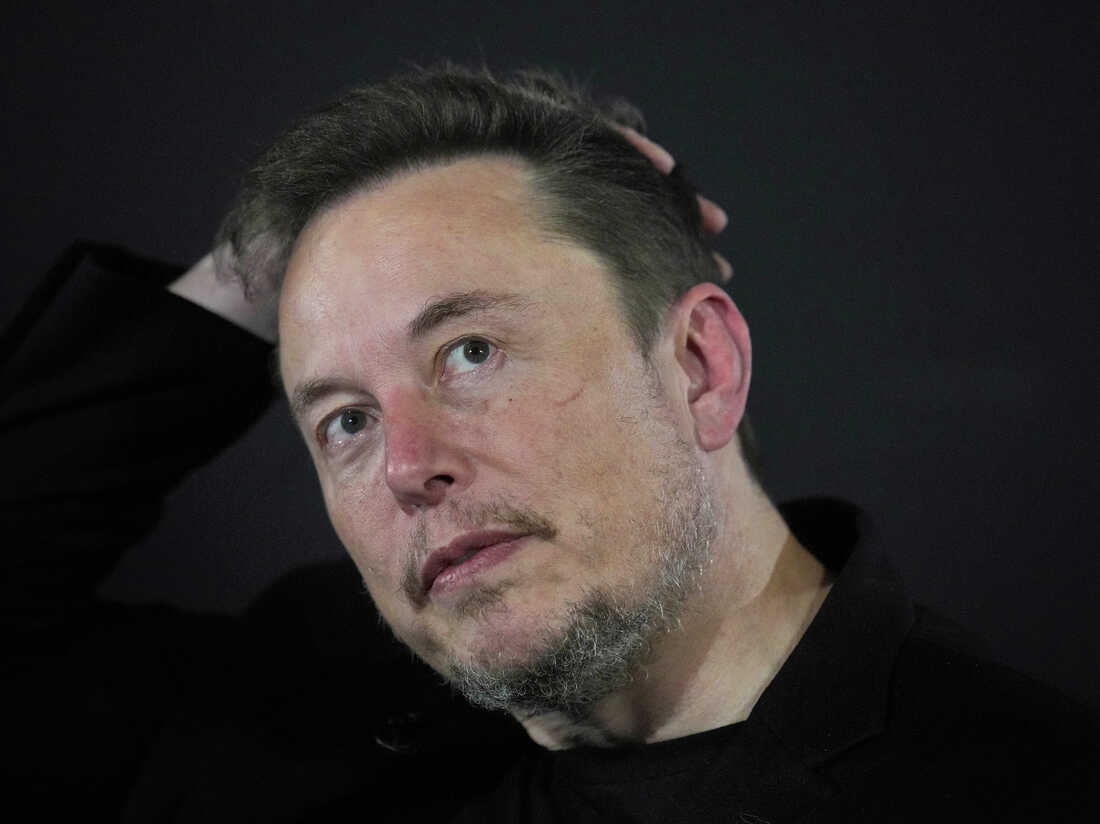Tech billionaire Elon Musk recently expressed his concerns over the outstanding number of illegal immigrants entering the United States during President Joe Biden’s administration, according to his post on social media platform X. Musk, who himself is an immigrant from South Africa, stated, “More than the population of 36 states in just over 3 years!”
He emphasized his support for legal immigration but criticized the current situation where he perceives millions of unvetted individuals are entering the U.S. illegally, labeling it as “insane.”
Musk was commenting on a post by conservative commentator Ashley St. Clair, who reported that 7.2 million illegal immigrants have arrived in the U.S. since Biden took office in January 2021.
Elon Musk (Credits: Bloomberg)
St. Clair’s post also highlighted a protest by over a thousand immigrants at NYC City Hall Park, who were demanding permanent housing rather than being sent to shelters.
This situation is supported by data from Customs and Border Protection, which indicates that over 9.5 million migrants have crossed into the U.S. illegally as of March.
Musk’s comments reflect ongoing concerns he has voiced about the strain such numbers could place on the country. In February, he described the influx as “crushing the country” and emphasized the disproportionate impact relative to America’s global population share.
In a related opinion piece by Larry Bell, a professor at the University of Houston, the issue of counting illegal immigrants in census data was discussed. Bell pointed out that Senate Democrats recently opposed an amendment to exclude illegal immigrants from census counts used for apportioning congressional seats.
The historical practice has been to count both citizens and noncitizens in the census, which directly affects the distribution of seats in the House of Representatives.
Elon Musk (Credits: CNN)
According to Bell, this can lead to states with higher numbers of illegal immigrants gaining more congressional representation, potentially at the expense of states with fewer noncitizens.
Musk’s and Bell’s comments highlight serious political and social tensions surrounding immigration policies and their implications for resource allocation and representation in government.
This ongoing debate involves complex considerations about the balance between welcoming immigrants and maintaining structured and regulated immigration processes.
